What are sintered filters?
What are sintered filters?
Sintered filters, also known as porous metal filters, are a type of filtration medium widely used in various industries for their excellent filtration properties. They are made by sintering metal powders together to form a solid structure with interconnected pores. These filters offer a high level of filtration efficiency and can remove contaminants of various sizes, making them crucial in applications where the purity of the filtered substances is of utmost importance.
The origin of sintered filters can be traced back to the early 1900s when metal powders were first used to create porous structures. This groundbreaking innovation revolutionized the field of filtration, as it provided a more efficient and durable alternative to traditional filter media. The sintering process involves compacting metal powders and subjecting them to high temperatures, causing the particles to fuse together and form a strong, rigid structure with controlled porosity.
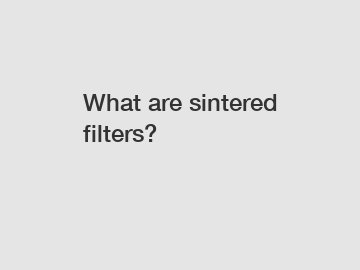
The effectiveness of sintered filters lies in their unique pore structure. During the sintering process, the metal particles bond together, leaving microscopic voids or pores throughout the material. These interconnected pores create a tortuous path for the fluid or gas to flow through, effectively trapping and retaining particles of different sizes. The controlled porosity of sintered filters allows for precise filtration, ensuring that only the desired components pass through while contaminants are removed.
The use of sintered filters has significant implications in multiple industries. One of the key benefits is their ability to handle high temperatures and harsh environments. The sintering process enhances the filter's mechanical strength, allowing it to withstand extreme conditions without compromising filtration efficiency. This makes sintered filters suitable for applications such as oil and gas refining, chemical processing, and high-temperature air filtration.
Moreover, sintered filters offer excellent chemical compatibility due to their metallic composition. They are resistant to corrosion and can withstand exposure to a wide range of chemicals. This property makes them ideal for filtering aggressive and corrosive fluids, protecting downstream equipment and ensuring the purity of the filtered product.
In the automotive industry, sintered filters play a vital role in ensuring the performance and longevity of engines. They are commonly used in oil and fuel filtration systems, where they remove contaminants and debris that can cause engine damage. The high filtration efficiency of sintered filters helps prevent premature wear and tear of engine components, contributing to improved reliability and efficiency.
Additional reading:7 Stunning Ways to Use Stainless Steel Decorative Sheets
How do I optimize Elastic Retention Collet usage in my packaging machine?
5 Essential Tips for Choosing the Best API 6A Valves
The Ultimate Guide to T Profile Steel
Is Collet Oz the queen of fashion?
Exploring the Benefits of Valve Surface Boxes
How does ER ball bearing nut work?
In conclusion, sintered filters are an integral part of many industries, providing efficient and reliable filtration solutions. Their unique pore structure, high-temperature resistance, and chemical compatibility make them indispensable in critical applications. Whether it is for purifying liquids, protecting equipment, or ensuring the smooth operation of engines, sintered filters continue to play a crucial role in maintaining the purity and integrity of various substances.
For more Sintered Metal Filter Elements, Porous Titanium Filters, porous metal mediainformation, please contact us. We will provide professional answers.
More articles:
What are the main advantages of using asymmetric sintered metal powder for B2B purchases?
What are the advantages of purchasing sintered stainless steel tubes online?
Which technique reigns supreme: Sintering or Melting?
The Ultimate Pup Piece: Comparing Breeds and Behaviors
2B vs. No. 4 Stainless Steel Finish
What are embossed stainless steel sheets for?
Unlocking the Power of Tools with Hrc65
How do I select an API valve spec?
How Does Copper Embossed Sheet Work?
How to Choose Hrc 60: A Guide to Selecting the Right Hardness Level for Your Needs
148
0
0
Related Articles
-
144
0
0
-
144
0
0
-
141
0
0
-
Top Champagne Stainless Steel Hairline Exporter Revealed
## Top Champagne Stainless Steel Hairline Exporter Revealed.
186
0
0
-
148
0
0
-
What Makes Modular Vises a Must-Have?
Do you find yourself struggling with traditional vises in your workshop?
130
0
0
-
143
0
0
-
141
0
0


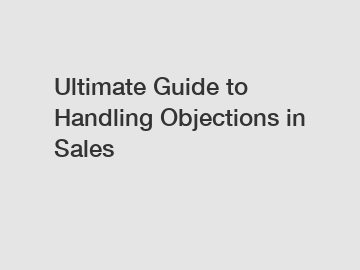

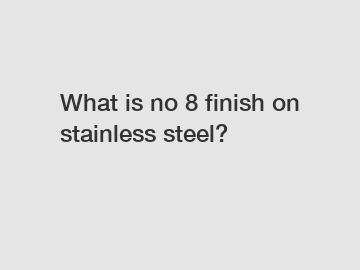
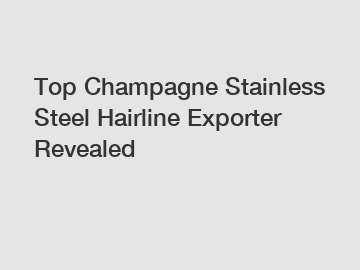



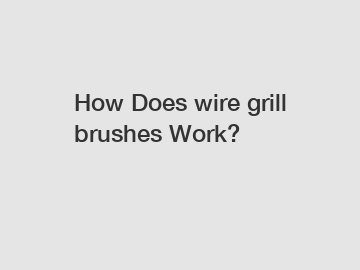
Comments
All Comments (0)